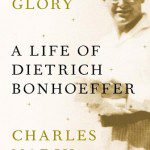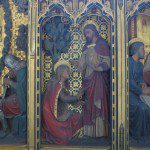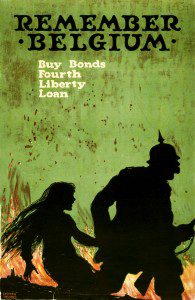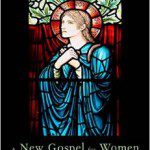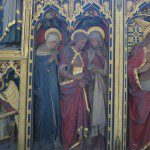Between my own blog, this one, and a couple others, I’ve written about 1,500 posts in the last six years. I try to do it well, with a less formal tone and much greater pace than typical academic writing but still reflecting a reasonably careful degree of prior research. But I’m afraid that my haste sometimes leads me to sloppiness — worse yet, sloppiness on topics where I’m writing outside of my fields of direct expertise and already at risk of stepping heedlessly into... Read more


